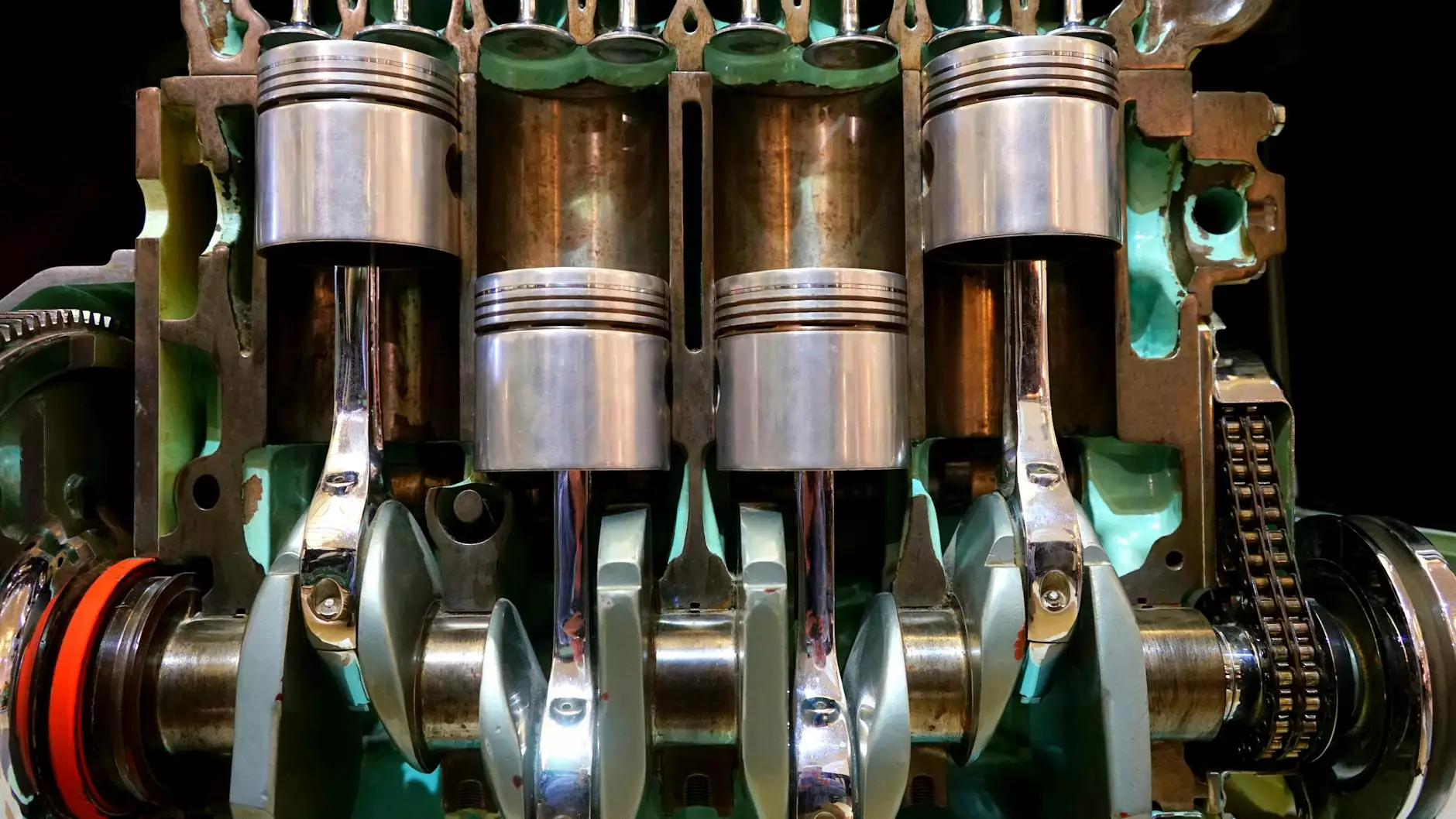Unlocking the Potential of Prop Firms for Futures Trading

In the ever-evolving landscape of financial markets, proprietary trading firms, commonly known as prop firms, are carving out a significant niche, especially in the realm of futures trading. These firms provide traders with the capital and resources necessary to trade futures contracts, allowing them to harness their skills while mitigating personal financial risk. This article delves deeply into the advantages of working with prop firms for futures, the mechanics of how they operate, and the factors that make them an essential player in the trading industry.
Understanding Proprietary Trading Firms
At its core, a proprietary trading firm uses its own capital to engage in trading strategies, aiming to profit from market movements. Unlike traditional investment firms that manage client funds, prop firms primarily focus on trading for their profit. This model presents distinct advantages for traders, especially in the futures markets.
What are Futures Contracts?
Futures contracts are standardized agreements to buy or sell a specific asset at a predetermined price at a specified future date. They are widely used for hedging and speculation, allowing traders to profit from both rising and falling markets. The futures market is diverse, encompassing commodities, stock indices, currencies, and more. This diversity offers numerous opportunities for skilled traders, particularly under the auspices of prop firms.
The Advantages of Trading with Prop Firms for Futures
Partnering with a prop firm for futures trading comes with a multitude of benefits:
- Access to Capital: One of the most significant benefits of working with a prop firm is the access to substantial capital. Traders can leverage these funds to increase the size of their trades, amplifying their potential profits without the need to risk their savings.
- Advanced Trading Tools: Prop firms typically provide state-of-the-art trading platforms, data feeds, and analysis tools. This technological edge can enhance a trader’s ability to make informed decisions quickly.
- Training and Mentorship: Many prop firms offer educational programs and mentorship to help traders develop their skills. This training can be invaluable, particularly for new traders looking to navigate the complexities of the futures markets.
- Reduced Personal Risk: Since traders use the firm’s capital, they do not have to risk their own money, which can lead to more confident decision-making in high-pressure trading situations.
- Collaborative Environment: Working alongside other experienced traders fosters an environment of learning and improvement. The collaboration can spark new ideas and strategies, enhancing individual trader performance.
How Prop Firms for Futures Operate
Proprietary trading firms operate on a unique profit-sharing model, aligning the interests of traders and the firm. Here’s a closer examination of how these firms typically function:
1. Recruitment and Training
Prop firms often begin with a rigorous recruitment process to select the most promising talent. Once recruited, traders usually undergo a training program that familiarizes them with the firm’s trading strategies, risk management policies, and the technology used in trading.
2. Trading Capital Allocation
Once traders complete their training, they are allocated capital based on their performance and the strategies they employ. This capital is used exclusively for futures trading, allowing traders to engage in higher-volume trades than they could with personal funds.
3. Profit-Sharing Agreements
Proprietary trading firms operate on a profit-sharing basis. Traders typically retain a substantial percentage of the profits they generate, while the firm takes a proportionate share. This structure incentivizes traders to maximize their performance while providing the firm with a revenue stream.
4. Risk Management
Effective risk management is crucial in the volatile world of futures trading. Prop firms implement strict risk parameters and guidelines to protect both the trader and the firm’s capital. This can include stop-loss orders, position sizing rules, and daily loss limits to prevent substantial drawdowns.
Key Factors to Consider When Choosing a Prop Firm for Futures
When selecting a proprietary trading firm to partner with for futures trading, consider the following factors:
- Reputation: Research the firm’s reputation within the trading community. Read reviews, join forums, and consult with other traders to gather insights about their experiences.
- Capital and Profit-Sharing Offer: Evaluate how much capital the firm offers and the specifics of the profit-sharing model. A favorable arrangement is critical for maximizing earning potential.
- Training and Support: Consider the level of training and ongoing support the firm offers. Continuous education can significantly impact your trading success.
- Technology and Tools: Assess the trading platforms and tools provided. Advanced technology can make a critical difference in executing trades efficiently.
- Culture and Community: A collaborative and positive culture at the firm can enhance your trading experience. Engaging with like-minded traders fosters a spirit of teamwork and shared learning.
Conclusion: Embracing the Future of Trading
In conclusion, prop firms for futures trading offer a unique opportunity for traders to access capital, leverage advanced tools, and reduce personal risk while maintaining a robust potential for profit. By carefully selecting a reputable firm and taking advantage of the resources they offer, traders can navigate the complexities of the futures market with greater confidence.
Whether you are a novice seeking guidance and support or an experienced trader looking to amplify your trading potential, partnering with a proprietary trading firm can unlock doors to unprecedented opportunities in the futures trading landscape. Explore your options, invest in your education, and take steps towards a successful trading career in the exciting world of futures contracts.









